Individuals with advanced kidney disease should restrict their intake of protein, phosphorus, and potassium. Low in phosphorus and high in protein, egg whites are a great source of protein. Two kinds of phenolic compounds found in tomatoes, called ellagitannins and anthocyanins, enhance kidney function and fend off illness. Tomatoes also contain vitamins C and K.
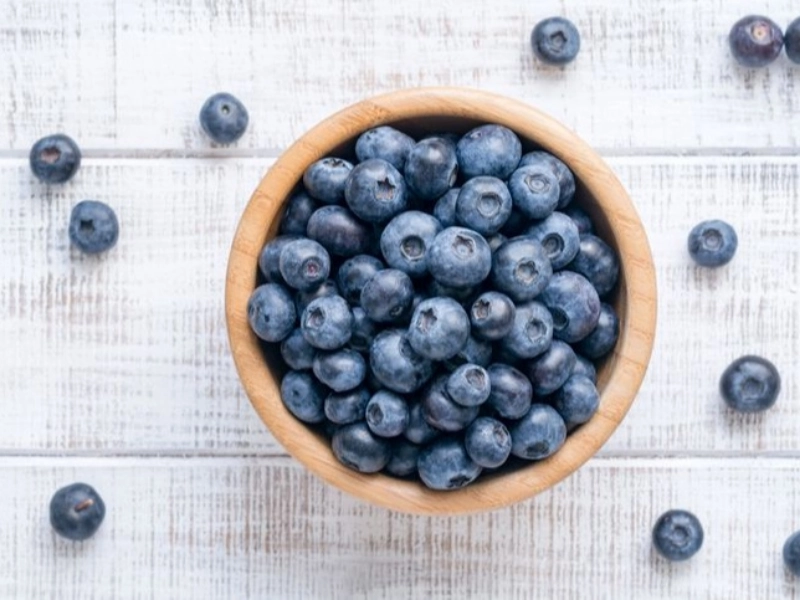
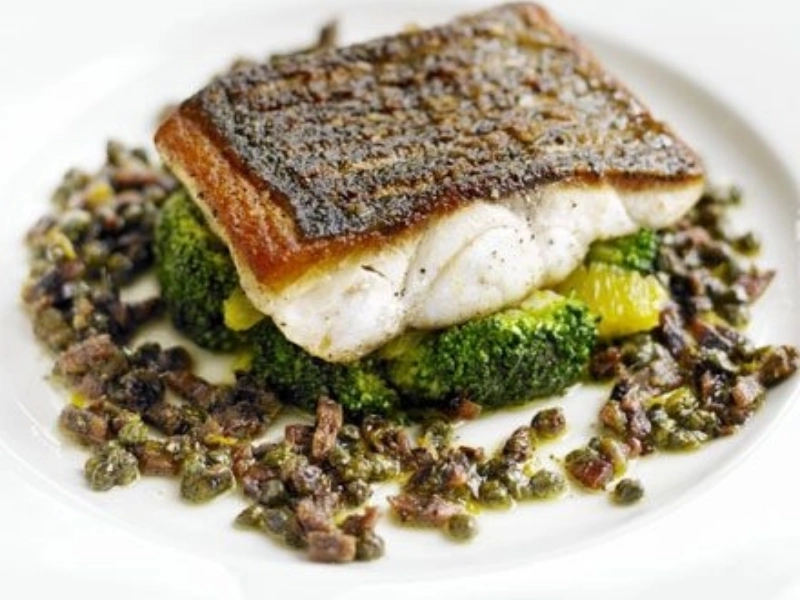 Omega-3 fatty acids found in sea bass can help lower blood pressure, improve heart health, and reduce inflammation. Those following diets tailored to their kidneys should avoid it due to its low salt and phosphorus content.
Choose fillets that are firm to the touch and smell fresh, like the ocean. Steer clear of fillets that smell off-colour or have a dry, flaky texture. Consuming salmon, tuna, or trout that are low in salt and phosphorus is another way to include fish in your diet.
Omega-3 fatty acids found in sea bass can help lower blood pressure, improve heart health, and reduce inflammation. Those following diets tailored to their kidneys should avoid it due to its low salt and phosphorus content.
Choose fillets that are firm to the touch and smell fresh, like the ocean. Steer clear of fillets that smell off-colour or have a dry, flaky texture. Consuming salmon, tuna, or trout that are low in salt and phosphorus is another way to include fish in your diet.
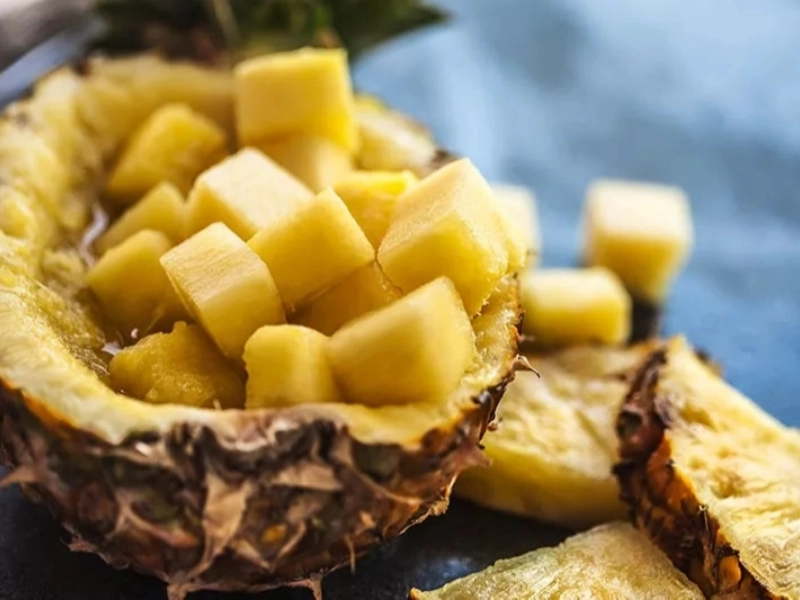 Pineapple is rich in potassium and vitamin C, which strengthen the immune system. It has an enzyme called bromelain, which lowers swelling and fights inflammation. Additionally, it helps to reduce the symptoms of allergies and the common cold by thinning mucus that accumulates in the chest or sinuses.
Pineapple is a fantastic source of vitamin C and potassium for those on dialysis or with chronic kidney disease. Pineapple's acidity and sugar content, however, should be considered, as some patients may experience an increase in heartburn.
Pineapple is rich in potassium and vitamin C, which strengthen the immune system. It has an enzyme called bromelain, which lowers swelling and fights inflammation. Additionally, it helps to reduce the symptoms of allergies and the common cold by thinning mucus that accumulates in the chest or sinuses.
Pineapple is a fantastic source of vitamin C and potassium for those on dialysis or with chronic kidney disease. Pineapple's acidity and sugar content, however, should be considered, as some patients may experience an increase in heartburn.
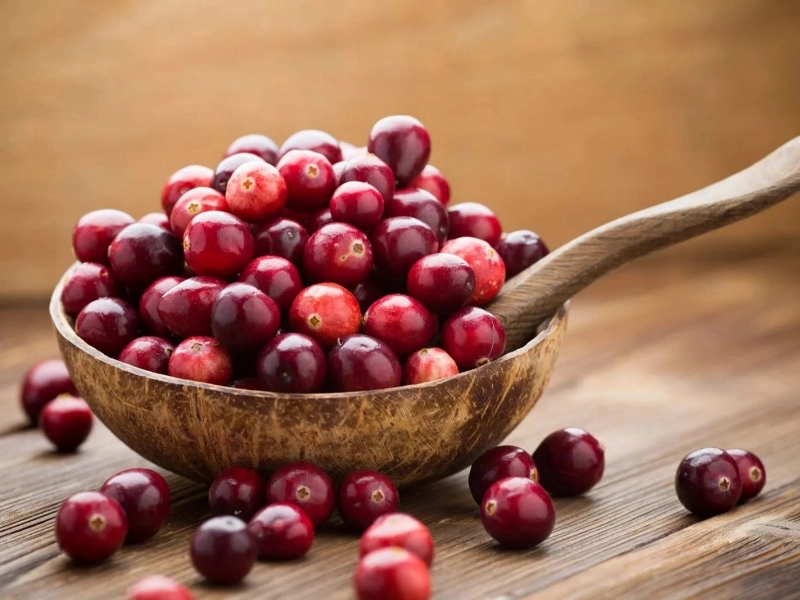 Natural vitamins and food sources, such as cranberries, can help ward off infections and other ailments. They are particularly beneficial for avoiding urinary tract infections (UTIs), which have the potential to cause kidney damage.
Cranberries contain A-type proanthocyanidins, which may inhibit the growth of germs in the kidney and urinary system. Use dried cranberries in your baked products and muesli, or sip on some cranberry juice. Cranberries are another great addition to salads for added colour and texture.
Natural vitamins and food sources, such as cranberries, can help ward off infections and other ailments. They are particularly beneficial for avoiding urinary tract infections (UTIs), which have the potential to cause kidney damage.
Cranberries contain A-type proanthocyanidins, which may inhibit the growth of germs in the kidney and urinary system. Use dried cranberries in your baked products and muesli, or sip on some cranberry juice. Cranberries are another great addition to salads for added colour and texture.
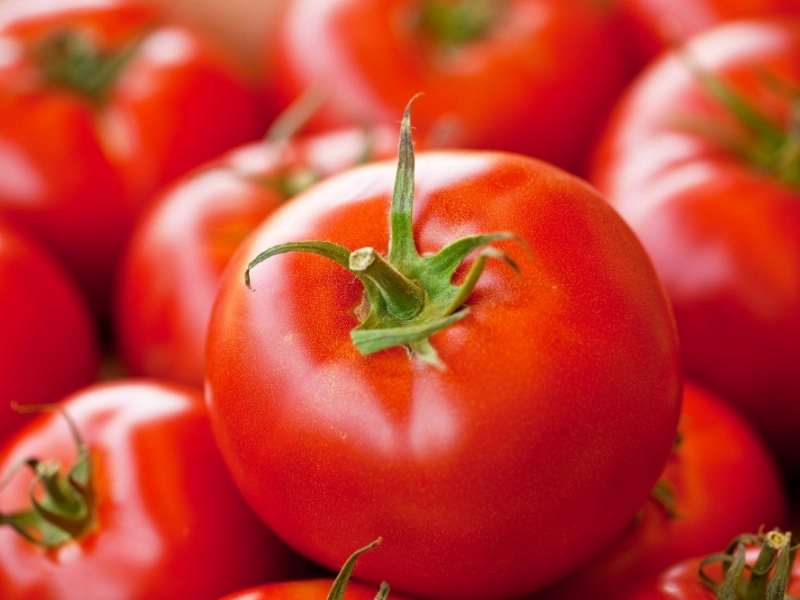 Tomatoes are a fruit by nature, but they are consumed as a vegetable since they are high in lycopene, especially when cooked. This natural antioxidant can lower the risks of prostate, colorectal, and stomach cancer. They also include folate, which lowers the risk of heart disease by balancing homocysteine levels, and calcium and vitamin C for strong bones.
Tomatoes, however, are acidic, which means that some people may experience symptoms like allergies or acid reflux. You should avoid them if you are receiving dialysis because they also contain a lot of potassium.
Tomatoes are a fruit by nature, but they are consumed as a vegetable since they are high in lycopene, especially when cooked. This natural antioxidant can lower the risks of prostate, colorectal, and stomach cancer. They also include folate, which lowers the risk of heart disease by balancing homocysteine levels, and calcium and vitamin C for strong bones.
Tomatoes, however, are acidic, which means that some people may experience symptoms like allergies or acid reflux. You should avoid them if you are receiving dialysis because they also contain a lot of potassium.
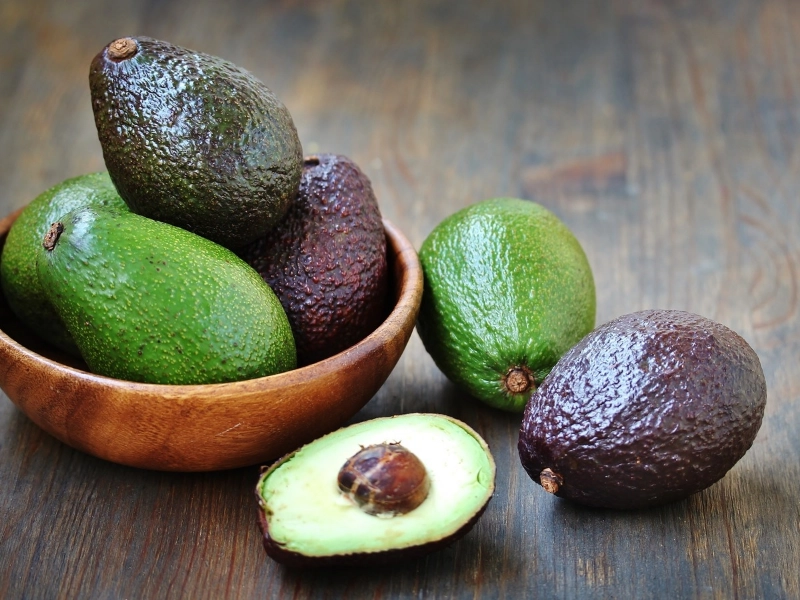 Avocados are a tasty and nutritious complement to any diet. They contain fibre and oleic acid, which are heart-healthy, along with an abundance of vitamins and minerals. Actually, eating half an avocado every day could help lower your risk of stroke by 15%. Additionally, they contain beta-sitosterol, a plant sterol that has the ability to decrease cholesterol.
Additionally, they are low in salt, which makes them beneficial for those with high blood pressure. They also contain a lot of potassium, which lowers blood vessel tension and helps to balance blood pressure.
Avocados are a tasty and nutritious complement to any diet. They contain fibre and oleic acid, which are heart-healthy, along with an abundance of vitamins and minerals. Actually, eating half an avocado every day could help lower your risk of stroke by 15%. Additionally, they contain beta-sitosterol, a plant sterol that has the ability to decrease cholesterol.
Additionally, they are low in salt, which makes them beneficial for those with high blood pressure. They also contain a lot of potassium, which lowers blood vessel tension and helps to balance blood pressure.
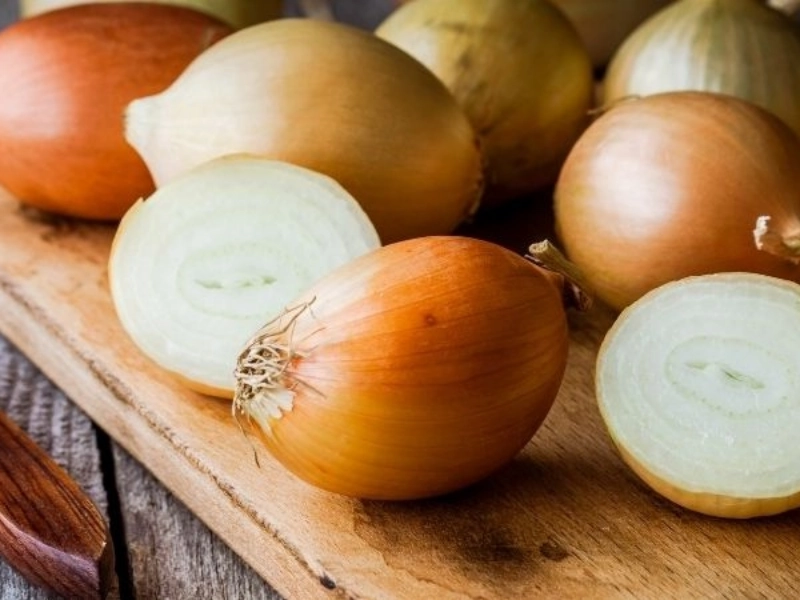 Whether consumed raw or cooked, onions are rich in health-promoting organic sulfur compounds. People have been using onions as a cure for various illnesses like fever, cough, rheumatism, snake bites, and baldness for years (33).
A Chinese study (34) discovered that onions' sulphur-containing component, quercetin, helped reduce the accumulation of fatty material in blood vessels. You can include onions in salads, stews, gravies, and roasted vegetable combinations as a kidney-friendly cuisine. According to an Argentinean study (37), they also assist in reducing oxidative stress.
Whether consumed raw or cooked, onions are rich in health-promoting organic sulfur compounds. People have been using onions as a cure for various illnesses like fever, cough, rheumatism, snake bites, and baldness for years (33).
A Chinese study (34) discovered that onions' sulphur-containing component, quercetin, helped reduce the accumulation of fatty material in blood vessels. You can include onions in salads, stews, gravies, and roasted vegetable combinations as a kidney-friendly cuisine. According to an Argentinean study (37), they also assist in reducing oxidative stress.
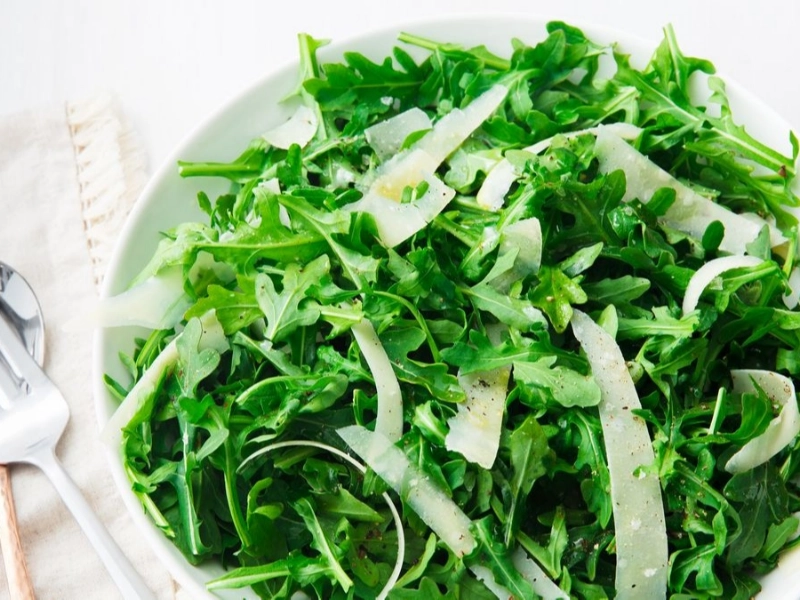 This leafy green vegetable, often called salad rocket, garden rocket, or roquette, is a cruciferous vegetable that is high in iron, calcium, folate, vitamin A, vitamin C, and vitamin K. Studies have demonstrated the beneficial effects of nitrates on blood coagulation and athletic performance.
Because it has less potassium, it is a suitable option for diets that are kind to the kidneys. It has a lot of dietary fibre, calcium, manganese, vitamin K, and glucosinolates, all of which lower the risk of high blood pressure and heart disease.
This leafy green vegetable, often called salad rocket, garden rocket, or roquette, is a cruciferous vegetable that is high in iron, calcium, folate, vitamin A, vitamin C, and vitamin K. Studies have demonstrated the beneficial effects of nitrates on blood coagulation and athletic performance.
Because it has less potassium, it is a suitable option for diets that are kind to the kidneys. It has a lot of dietary fibre, calcium, manganese, vitamin K, and glucosinolates, all of which lower the risk of high blood pressure and heart disease.
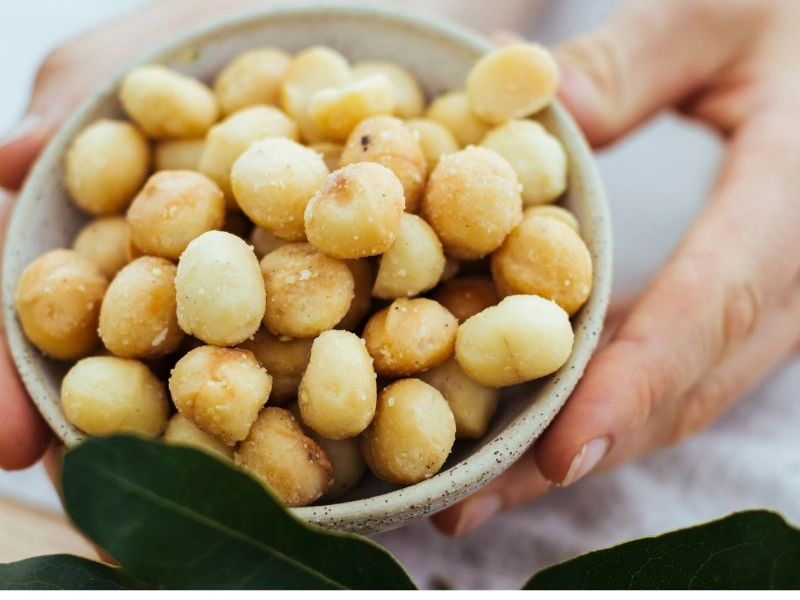 Nuts are a nutritious snack that has several advantages for your kidneys and heart. For instance, studies have shown that macadamia nut butter lowers cholesterol and helps prevent heart disease.
Numerous vitamins and minerals, including vitamin B6, calcium, iron, folate, magnesium, and potassium, are present in them. They are also a rich source of healthy fats and proteins. Those who have chronic kidney disease (CKD) may find them problematic due to their high potassium and phosphorus content.
Nuts are a nutritious snack that has several advantages for your kidneys and heart. For instance, studies have shown that macadamia nut butter lowers cholesterol and helps prevent heart disease.
Numerous vitamins and minerals, including vitamin B6, calcium, iron, folate, magnesium, and potassium, are present in them. They are also a rich source of healthy fats and proteins. Those who have chronic kidney disease (CKD) may find them problematic due to their high potassium and phosphorus content.